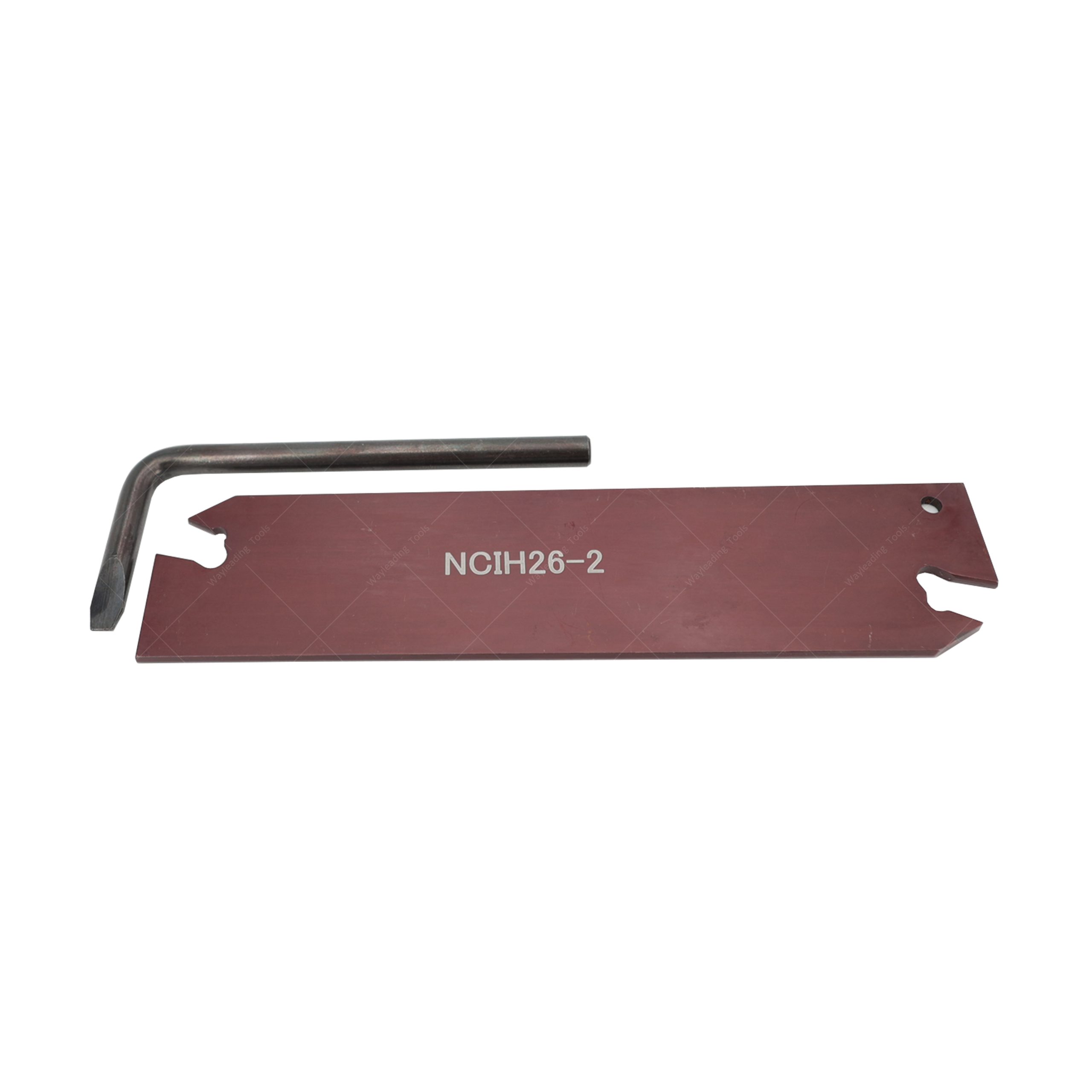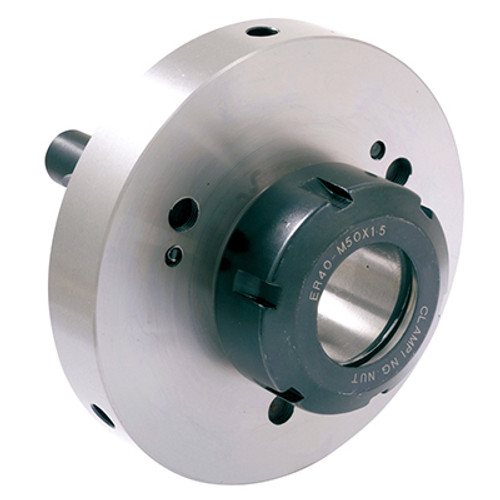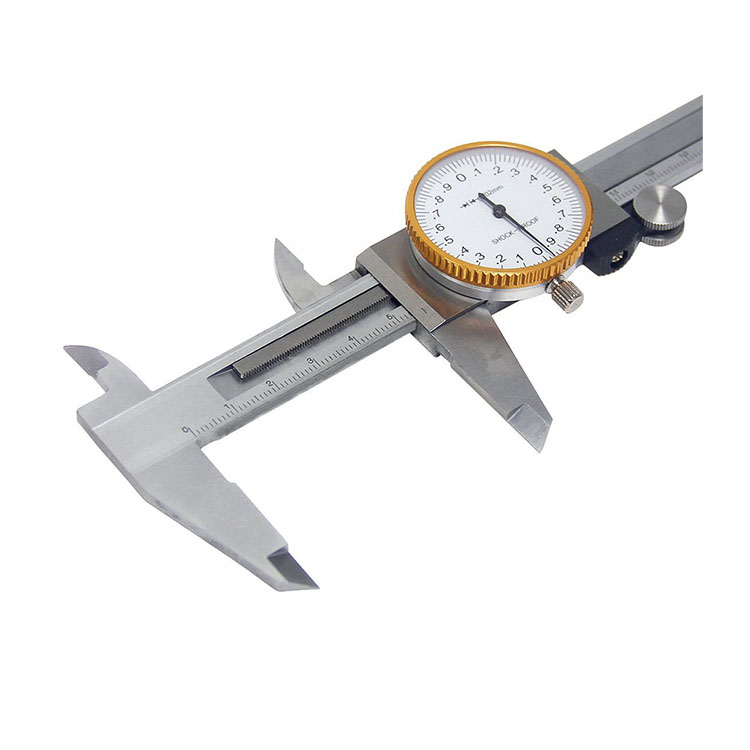Wholesale Solid Carbide Drill Bit
Looking for high-quality, durable, and precise Wholesale Solid Carbide Drill Bit for your industrial or personal needs? This comprehensive guide explores the benefits, applications, selection criteria, and maintenance tips to help you make informed decisions and achieve optimal drilling performance.
Understanding Solid Carbide Drill Bits
What are Solid Carbide Drill Bits?
Wholesale Solid Carbide Drill Bit are cutting tools made entirely of solid carbide, a composite material consisting of tungsten carbide and a binder metal (typically cobalt). This composition provides exceptional hardness, wear resistance, and heat resistance compared to high-speed steel (HSS) drill bits, making them ideal for machining hard and abrasive materials.
Advantages of Using Solid Carbide Drill Bits
- High Hardness and Wear Resistance: Withstand high temperatures and prolonged use without losing cutting edge sharpness.
- Superior Precision: Create cleaner, more accurate holes with tighter tolerances.
- Increased Cutting Speed: Allow for faster drilling speeds, reducing cycle times and increasing productivity.
- Longer Tool Life: Solid carbide drill bits last significantly longer than HSS drill bits, reducing tooling costs in the long run.
- Versatility: Suitable for drilling a wide range of materials, including hardened steels, stainless steel, cast iron, titanium alloys, and composites.
Applications of Wholesale Solid Carbide Drill Bit
Wholesale Solid Carbide Drill Bit are widely used in various industries:
- Aerospace: Drilling engine components, structural parts, and landing gear.
- Automotive: Machining engine blocks, cylinder heads, and transmission components.
- Medical: Manufacturing surgical instruments, implants, and orthopedic devices.
- Electronics: Drilling printed circuit boards (PCBs) and other electronic components.
- Mold and Die Making: Creating precise holes in molds and dies.
- General Machining: Drilling a variety of materials in machine shops and manufacturing facilities.
Selecting the Right Solid Carbide Drill Bit
Choosing the right Wholesale Solid Carbide Drill Bit is crucial for achieving optimal drilling performance. Consider the following factors:
Material to be Drilled
Different materials require different drill bit geometries and coatings. For example:
- Steel: Choose drill bits with a point angle of 118° or 135° and a coating that provides wear resistance, such as TiN or TiAlN.
- Stainless Steel: Use drill bits with a point angle of 135° and a coating that reduces friction and prevents work hardening, such as TiAlN or DLC.
- Aluminum: Select drill bits with a shallow point angle and a polished flute to prevent chip build-up.
- Titanium: Opt for drill bits with a high helix angle and a coating that provides heat resistance, such as TiAlN or AlCrN.
Drill Bit Geometry
The drill bit geometry affects its cutting performance and chip evacuation capabilities. Key features to consider include:
- Point Angle: The angle of the cutting edge. Common point angles include 90°, 118°, 130°, and 135°.
- Helix Angle: The angle of the flutes. High helix angles are suitable for deep hole drilling and chip evacuation.
- Flute Design: The shape and number of flutes affect chip flow and cutting performance.
- Web Thickness: The thickness of the core of the drill bit. A thicker web provides greater strength and rigidity.
Coating
Coatings enhance the performance and lifespan of Wholesale Solid Carbide Drill Bit. Common coatings include:
- TiN (Titanium Nitride): General-purpose coating that provides good wear resistance and hardness.
- TiAlN (Titanium Aluminum Nitride): Offers superior heat resistance and wear resistance compared to TiN, making it suitable for high-speed machining.
- AlCrN (Aluminum Chromium Nitride): Provides excellent oxidation resistance and high-temperature hardness, ideal for drilling hardened steels and cast iron.
- DLC (Diamond-Like Carbon): Reduces friction and prevents chip adhesion, suitable for drilling non-ferrous materials like aluminum and copper.
Size and Length
Choose the appropriate drill bit size and length based on the hole diameter and depth requirements. Stub length drill bits are shorter and more rigid, while long length drill bits are suitable for deep hole drilling.
Maintenance Tips for Solid Carbide Drill Bits
Proper maintenance can extend the life of your Wholesale Solid Carbide Drill Bit:
- Sharpening: Regularly sharpen drill bits to maintain their cutting edge sharpness. Use a diamond grinding wheel specifically designed for carbide.
- Cleaning: Clean drill bits after each use to remove chips and debris.
- Storage: Store drill bits in a dry and protected environment to prevent corrosion and damage.
- Lubrication: Use appropriate cutting fluids to reduce friction and heat during drilling.
Where to Buy Wholesale Solid Carbide Drill Bit
When sourcing Wholesale Solid Carbide Drill Bit, consider trusted suppliers like Wayleading Tools, known for their high-quality cutting tools and competitive prices. Ensure the supplier offers a wide range of drill bits to suit various applications and materials.
Troubleshooting Common Drilling Problems
Encountering issues while drilling with solid carbide? Here's a quick troubleshooting guide:
- Burrs: Reduce cutting speed and feed rate. Ensure the drill bit is sharp and the workpiece is properly clamped.
- Oversized Holes: Use a guide bushing or pilot hole. Check the drill bit diameter and the machine spindle accuracy.
- Chipping: Reduce cutting speed and feed rate. Use a drill bit with a more positive rake angle.
- Premature Wear: Ensure proper lubrication and coolant flow. Use a drill bit with a more wear-resistant coating.
Case Study: Improving Drilling Efficiency with Solid Carbide
A manufacturing company specializing in aerospace components was facing challenges with drilling hardened steel parts using HSS drill bits. The HSS drill bits wore out quickly, resulting in frequent tool changes and increased downtime. By switching to Wholesale Solid Carbide Drill Bit with a TiAlN coating, the company significantly improved drilling efficiency. The solid carbide drill bits lasted longer, reduced tool changes, and increased cutting speeds, resulting in a 30% reduction in drilling costs and a 20% increase in production output.
| Feature | HSS Drill Bit | Solid Carbide Drill Bit |
|---|---|---|
| Hardness | Lower | Higher |
| Wear Resistance | Lower | Higher |
| Cutting Speed | Lower | Higher |
| Tool Life | Shorter | Longer |
| Cost | Lower Initial Cost | Higher Initial Cost, Lower Long-Term Cost |
Conclusion
Wholesale Solid Carbide Drill Bit offer significant advantages over HSS drill bits in terms of hardness, wear resistance, cutting speed, and tool life. By carefully selecting the right drill bit for your specific application and following proper maintenance practices, you can achieve optimal drilling performance and reduce tooling costs. Whether you're in the aerospace, automotive, medical, or general machining industry, solid carbide drill bits are an essential tool for precision drilling.
Remember to source your drill bits from reliable suppliers like Wayleading Tools to ensure quality and performance.
Data Source: [Disclaimer: Data and specifications may vary depending on the manufacturer. Please refer to the manufacturer's official website for the most accurate information.]
Related products
Related products
Best selling products
Best selling products-
 HSS Inch Screw Slotting Saws For Industrial With Bright Or TiN Coated
HSS Inch Screw Slotting Saws For Industrial With Bright Or TiN Coated -
 Precision Outside Micrometer Set With digit Counter Of Inch & Metric With Rachet Stop
Precision Outside Micrometer Set With digit Counter Of Inch & Metric With Rachet Stop -
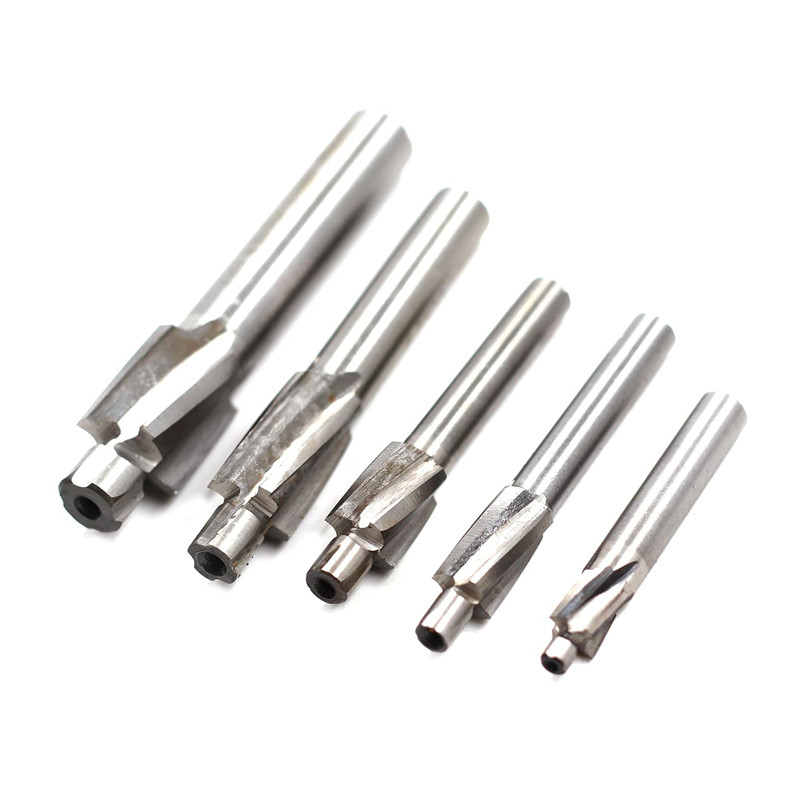 3 Flutes HSS Counterbore Drill Bit With Metric And Inch Size
3 Flutes HSS Counterbore Drill Bit With Metric And Inch Size -
 Precision 10pcs & 12pcs Angle Blocks Set With High Quality Type
Precision 10pcs & 12pcs Angle Blocks Set With High Quality Type -
 Dial Bore Guage From 6-450mm Range
Dial Bore Guage From 6-450mm Range -
 HSS ISO Metric Round Die Wieh Splite Or Adjustable Splite Type
HSS ISO Metric Round Die Wieh Splite Or Adjustable Splite Type -
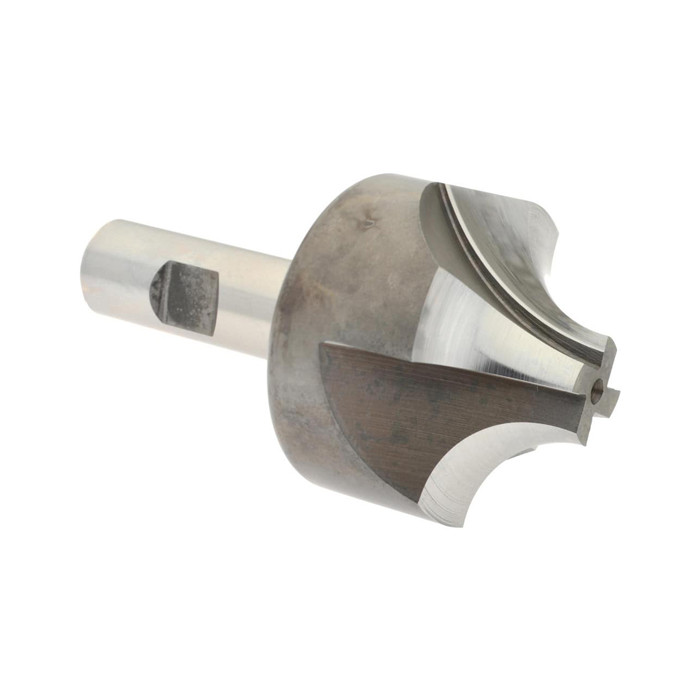 HSS Metric & Inch Corner Rounding End Mill For Industrial
HSS Metric & Inch Corner Rounding End Mill For Industrial -
 Deburring Tool Holder For The Deburring Tool Blades
Deburring Tool Holder For The Deburring Tool Blades -
 HSS Metric 4 Flute End Mills With Bright Or TiN And TiAlN Coated
HSS Metric 4 Flute End Mills With Bright Or TiN And TiAlN Coated -
 Type C Cylinder Ball Nose Tungsten Carbide Rotary Burr
Type C Cylinder Ball Nose Tungsten Carbide Rotary Burr -
 Precision Dial Indicator Gage For Industrial With Jeweled
Precision Dial Indicator Gage For Industrial With Jeweled -
 F1 Precision Boring Head With Metric & Inch
F1 Precision Boring Head With Metric & Inch

